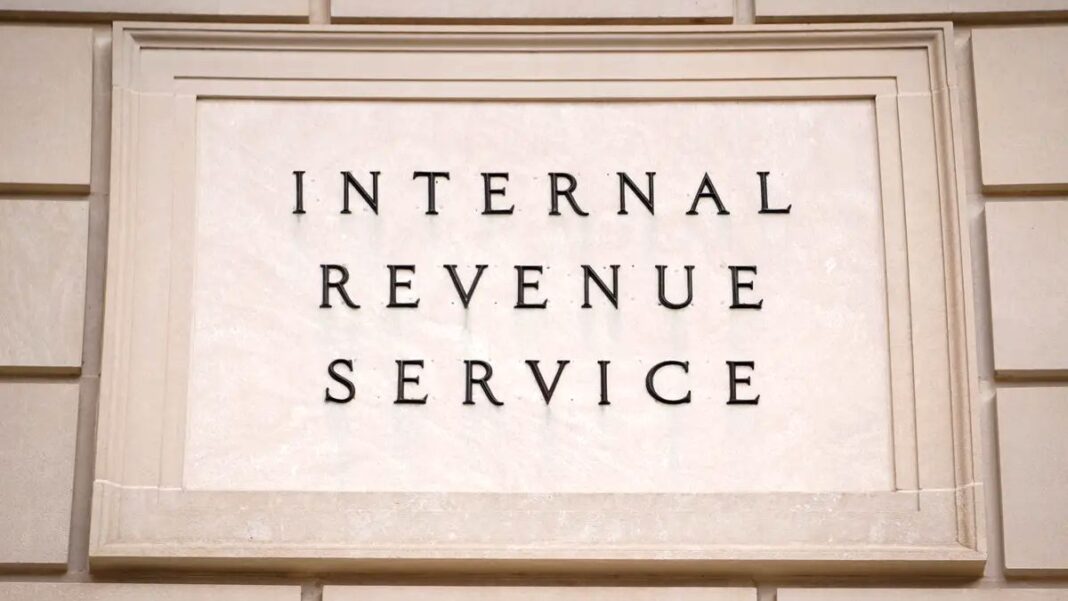FSAs can be used to meet medical expenses like prescription medications and dental care that may not be covered under health plans.
The Internal Revenue Service (IRS) raised the contribution limit to a key employee health care account while also increasing the amount of money that can be carried over to the next year.
Flexible Spending Arrangement (FSA) is a type of savings account that employees can use to pay for medical expenses. The contributions come from the wages of employees. “For 2024, there is a $150 increase to the contribution limit for these accounts,” the IRS said in a Dec. 8 press release. “An employee who chooses to participate in an FSA can contribute up to $3,200 through payroll deductions during the 2024 plan year. Amounts contributed are not subject to federal income tax, Social Security tax, or Medicare tax.” For 2023, the contribution limit was $3,050.
For couples, they can jointly contribute up to $6,400 for their household. If the plan allows it, the employer can also contribute towards the employee’s FSA.
FSAs can be used to meet expenses like copayments, prescription medications, menstrual products, dental care, and over-the-counter drugs that may not be covered by an employee’s health plans.
A key thing about FSAs is that the amount in the account will expire by the end of that year. Only a small portion is allowed to be carried to the next year. Individuals risk losing the remaining portion of their saved funds. Some employers can provide a grace period of 2.5 months in the following year for an individual to use up all the funds.
However, the risk of losing the saved funds means that people have to carefully plan out their non-insured health care expenses annually and limit contributions to this extent.
For 2023, the maximum amount that can be carried over to 2024 is $610. In 2024, this rises slightly to $640. The IRS advises people to consider the following when budgeting their expected FSA health care expenses:
- Necessary supplies for the medicine cabinet.
- Big ticket medical expenses.
- Routine checkups or visits to specialists that are not covered by insurance plans.
- Eye exams or dental visits.
- Seasonal purchases of items like allergy products, warm steam vaporizers, and sunscreen.

















































